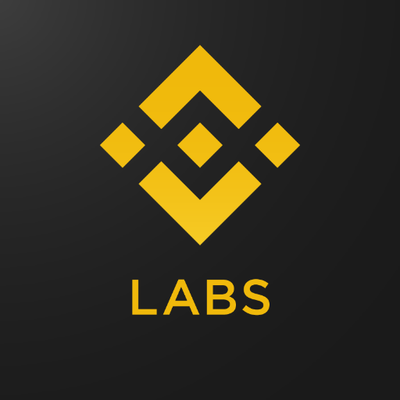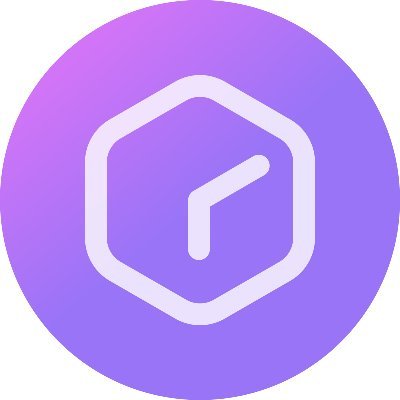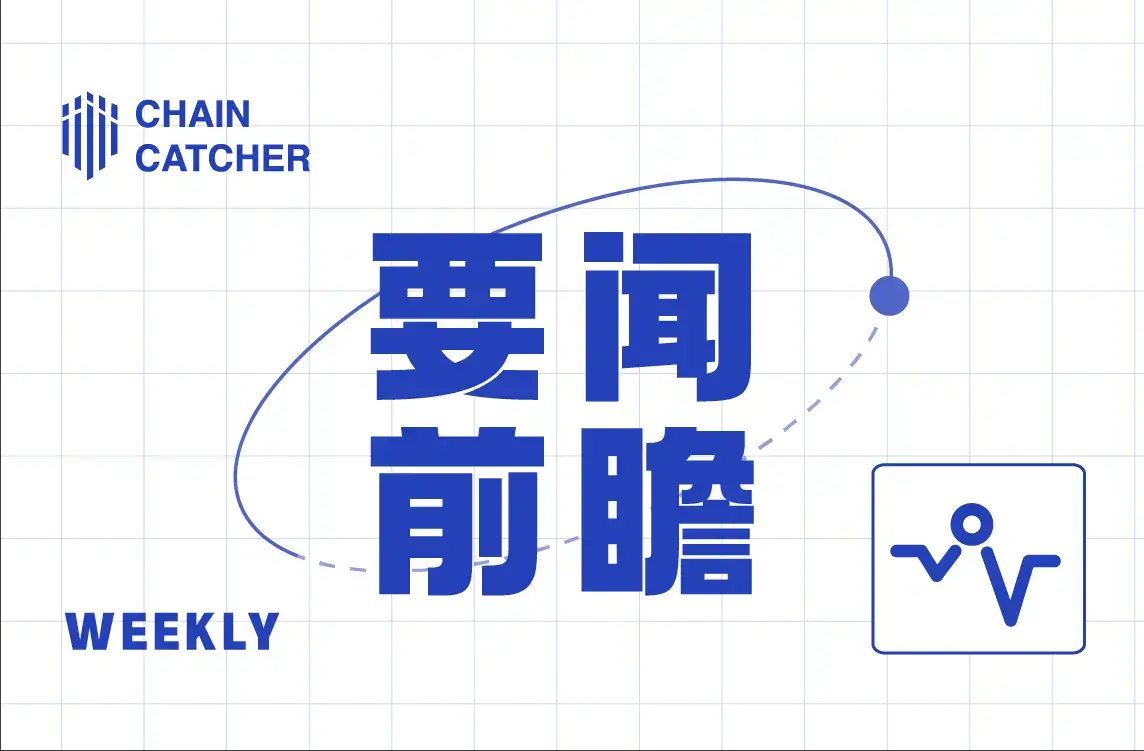Testing the online launch, Binance investment incubation, a quick overview of 3 recent popular interactive projects
Author: flowie, ChainCatcher
Editor: Marco, ChainCatcher
Recently, the full-chain modular Rollup network Initia, the full-chain interoperability protocol Analog, and the AI project MyShell incubated by Binance Labs have successively announced the launch of their testnets, quickly making it onto the RootData trending list and becoming popular projects for user interaction in the crypto community.
Initia------Full-Chain Modular Rollup Network
On the evening of May 14, Initia announced the launch of its public testnet, quickly landing on the RootData trending list and becoming the top trending project.
Initia has a very high interaction heat. According to the latest data released by Initia on the official X platform, within 48 hours of opening the public testnet, there were over 170,000 active users and more than 3.2 million transactions.

According to RootData, Initia announced last October that it had received investment from Binance Labs, although the investment amount was not disclosed. In February of this year, Initia announced that it had secured $7.5 million in funding led by Delphi Digital and Hack VC, with participation from Nascent, Figment Capital, A.Capital, and others.
Initia taps into popular narratives such as "modularity" and "interoperability."
Initia is a full-chain Rollup network within the Cosmos ecosystem, enabling interoperability between each Rollup, aiming to eliminate the fragmented experience of multi-chain systems.
Initia has both a Layer1 base and a Layer2 application chain system called Minitia. Initia's Layer1 integrates several core modules, including Cosmos's IBC and virtual machines (MoveVM, WasmVM, etc.), responsible for underlying security, coordination, and resource allocation. Initia's numerous Rollup Layer2s cater to users' customization needs, and since these Rollup Layer2s are built on a unified standard, cross-chain interoperability is achievable. Recommended reading: “Understanding Initia: A Conveniently Customizable Full-Chain Modular Rollup Network”
The two core developers of Initia, Zon and Stan Liu, were previously smart contract developers and MEV researchers at Terraform Labs.
Recently, Initia announced the launch of its incentivized public testnet initiation-1, which will last for 8 weeks and currently has no interaction costs. The mainnet is expected to launch later this year.
The current interaction tutorial for Initia is roughly as follows:
- Download the wallet extension and log in to generate a wallet address;
- Copy the created wallet address and claim test tokens;
- Complete the required tasks: domain registration, perform a swap, stake, LP, etc.;
- Mint Baby Jennie NFT;
- Feed Baby Jennie.
Analog------Full-Chain Interoperability Protocol
On May 7, Analog announced on the X platform that it was opening the second phase of its testnet to community members. The previous first phase of the testnet was targeted at developers and has now concluded. Analog has also been a hot search project on the RootData trending list in the past week.
According to the official introduction, Analog is a fully decentralized Layer0 designed to introduce trustless full-chain interoperability, allowing developers to easily build their applications through a universal protocol and API. Analog has also launched a novel, ultra-fast PoT protocol that creates verifiable event data on a time chain, enabling DApp developers to build the next generation of event-based applications.
In February of this year, Analog announced a $16 million funding round, achieving a valuation of $120 million. The investors in this round include Binance Labs, NGC Ventures, NEAR Protocol, Wintermute, Mask Network, GSR, DWF Labs, MH Ventures, Tribe Capital, Alumni Ventures, OrangeDAO, Mike Novogratz, Balaji Srinivasan, and others.
The team members of Analog have experience working with key projects or institutions in the crypto industry, including X Fund, Injective Labs, Chainlink, and Polkadot. Recommended reading: “New Project Analog by Crypto Veterans: $16 Million Funding with Airdrop Expectations”
Analog has already announced its airdrop, with 26% of its total supply allocated for airdrops, and the testnet airdrop rewards accounting for 2% of the total token supply.
Analog has published a summary article on its official blog on how to participate in the second phase of the testnet: “Analog's Incentivized Testnet -- Phase 2: Community”.
The specific interaction tutorial can be referenced in the following steps:
- Use your email to register an account;
- Complete Galxe tasks to earn points and navigate to https://t.co/gFPfadM4UA to claim "social" task points;
- Complete the mainline tasks in the Analog testnet at https://testnet.analog.one/#/game, specifically participating in the Watch game voting;
- Obtain faucet tokens and navigate to https://t.co/iDlWGVh5t9 to complete the token claim.
****MyShell------Decentralized ***AI Consumer Layer*
MyShell is the sixth AI project incubated by Binance Labs, recently announcing that the first phase of its testnet has gone live, with a new platform rights NFT called MySoul set to be released at the end of May.
According to official information, MyShell is a decentralized AI consumer layer that allows creators to build AI agents or bots that consumers or users can utilize. Its ecosystem includes robots like OpenVoice (an instant voice cloning program); MeloTTS, a multilingual text-to-speech (TTS) library; and an AI agent named Alice, which can perform various tasks, including topic research, coding, and literature reviews. Recommended reading: “Interview with MyShell Co-Founder Ethan Sun: How MyShell Brings Crypto X AI Experience to Millions”
MyShell currently has both Web2 and Web3 versions, allowing users to interact with a wide variety of AI bots and create their own bot characters.

The MyShell team members mainly come from universities such as MIT, Princeton, and Oxford, with extensive experience in AI product development and market operations.
In March of this year, MyShell secured $11 million in Pre-A funding led by Dragonfly, with participation from Delphi Digital, Bankless Ventures, Nascent, Foresight Ventures, OKX Ventures, GSR, Maven11, Nomad Capital, Animoca Brands, Balaji Srinivasan, and others.
Last October, MyShell also received $5.6 million in seed funding led by INCE Capital, with participation from HashKey Capital, SevenX Ventures, Signum Capital, Folius Ventures, and others.
MyShell has also announced its airdrop, and users can refer to this guide for interaction.
Conclusion
Recently, in the absence of much excitement in secondary altcoins, community users remain enthusiastic about primary "yield farming" interactions, especially projects backed or incubated by Binance Labs, which are a focal point for yield farmers.
According to RootData, Binance Labs has invested in several early projects in the past half month, including Movement, Zest Protocol, UXUY, and MilkyWay. The subsequent interaction opportunities for these projects are also worth paying attention to.















